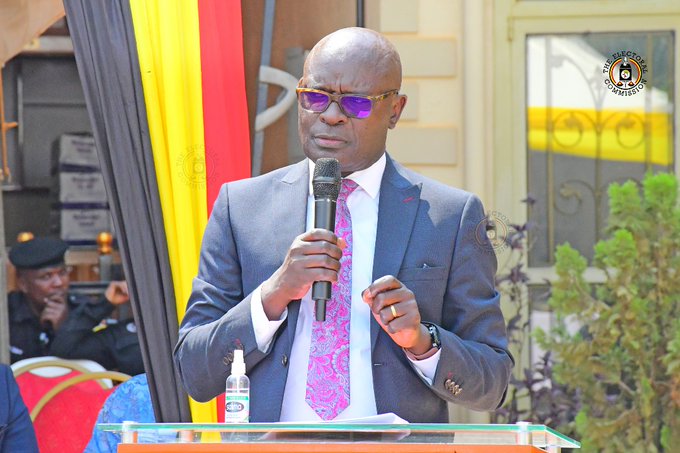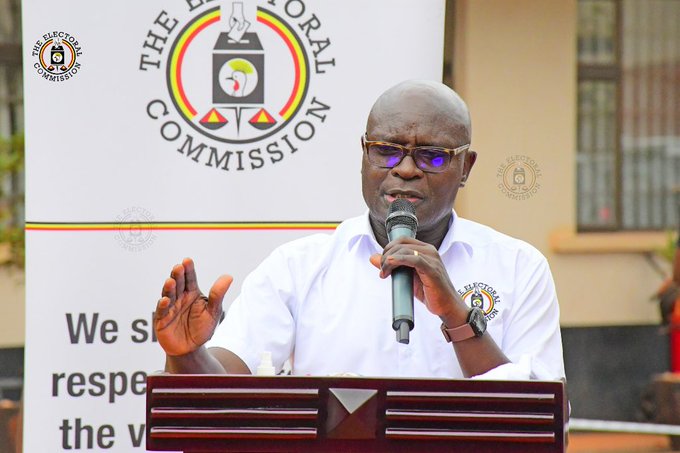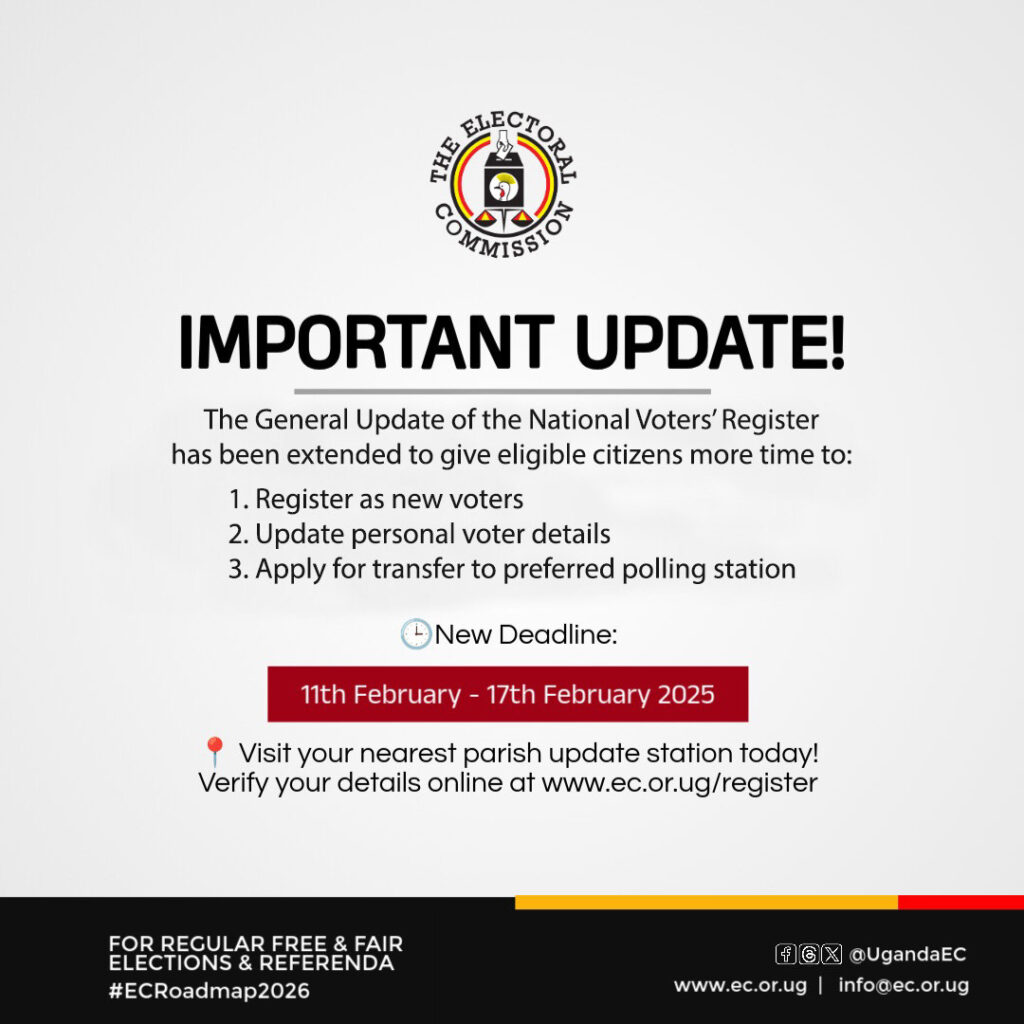Kampala, Uganda – There is exciting news for Uganda’s economy as inflation continues its downward trend, providing relief to consumers.
The results from various databases especially Bank of Uganda and Stanbic Bank Uganda, show that inflation eased to 4.9% in June, a significant drop from the 6.2% recorded in May, marking the fifth consecutive month of decline.

This positive development has been attributed to price declines across various consumer baskets, including food, non-alcoholic beverages, and transportation.
The Central Bank Rate (CBR) is also set to be reviewed during the upcoming Monetary Policy Committee meeting scheduled for August. This move is aimed at ensuring a stable financial landscape in the country and further stimulating economic growth.
Exchange rates have seen some stability in the past month, with the USDUGX trading within the 3730/50 range.
However, the local unit appreciated against the USD, pushing the exchange rate to the 3600 level, driven by inflows from coffee export receipts and offshore USD inflows into the T-bond auction.
The positive inflow has been bolstered by muted corporate demand due to mid-month tax obligations.
Interest rates have generally decreased on various tenors, reflecting the government’s plan to reduce domestic borrowing. Yields on longer-dated securities, such as the 15 and 20-year tenors, saw the most significant rally, indicating increased market demand for these securities.
The drop in rates aligns with the Minister of Finance’s commitment to curbing domestic borrowing, a welcome move for investors and borrowers alike.
Additionally, the Stanbic PMI (Purchasing Managers Index) paints a positive picture for Uganda’s private sector, registering a healthy 56.4 in June.
The index showcases continued improvement, with growth in output, new orders, and employment in sectors such as agriculture, construction, industry, and services.
On the global front, the International Monetary Fund (IMF) has provided a much-needed boost to Uganda’s economic recovery. The executive board of the IMF completed its review of Uganda’s Extended Credit Facility (ECF), resulting in the immediate disbursement of about USD 120 million. This financial support aims to counter the negative impact of the COVID-19 pandemic and foster private-sector growth in the country.
While global economies grapple with inflation risks, Uganda’s efforts to stabilize its economy are yielding positive results. With inflation easing, monetary policies under review, and a thriving private sector, Uganda is on its way to achieving economic stability and sustainable growth.














